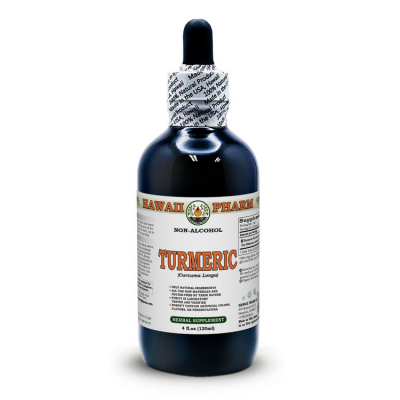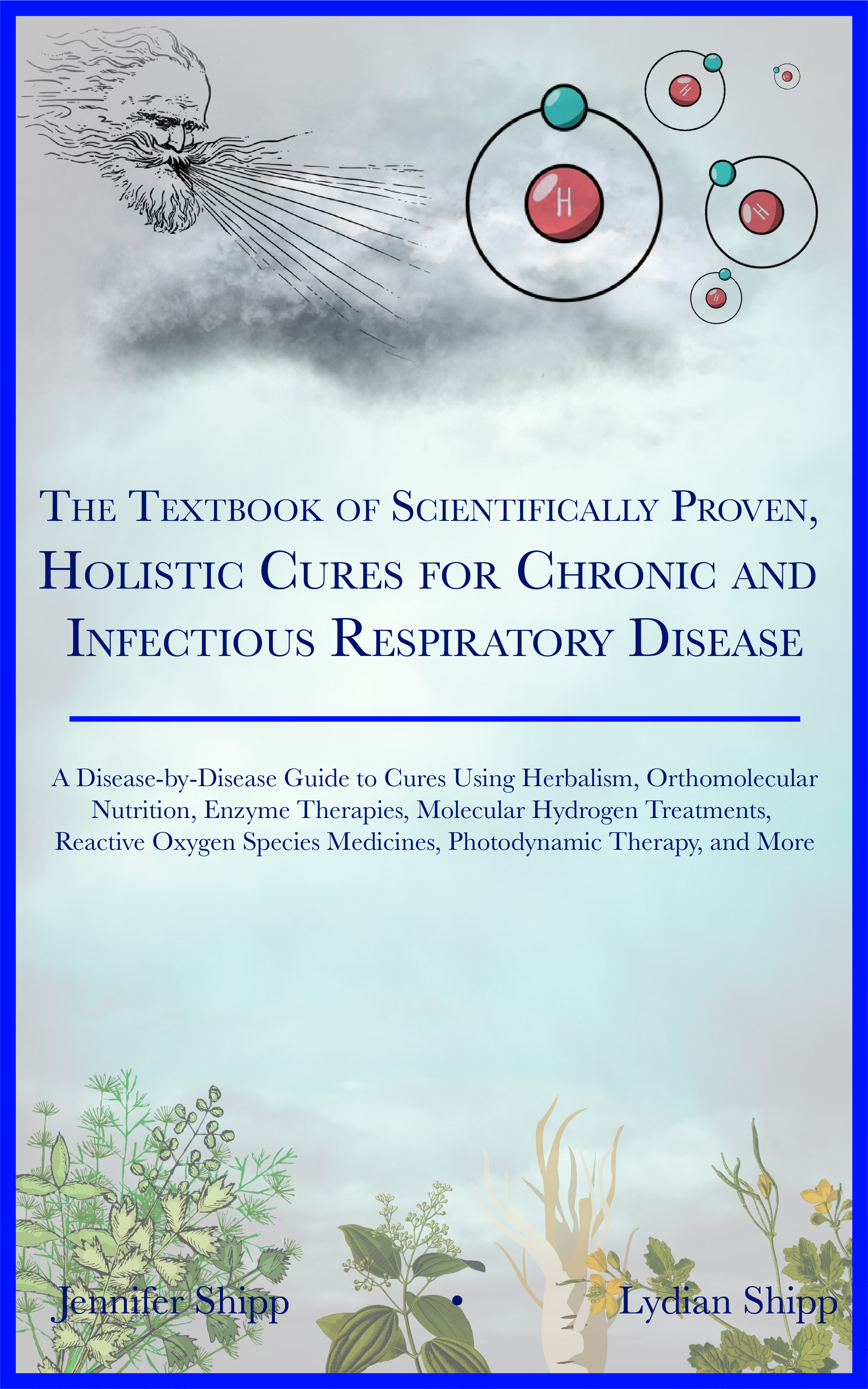Curcuma longa / Turmeric
 Turmeric is a very common spice that is used frequently in Indian and Southeast Asian cuisine to add fragrance and a warm orange tone to curries and stir fries. It has also been used traditionally to treat a wide array of health problems in Ayurvedic medicine. Turmeric and/or its primary healing constituent, curcumin, has been used to treat the following health problems successfully:
Turmeric is a very common spice that is used frequently in Indian and Southeast Asian cuisine to add fragrance and a warm orange tone to curries and stir fries. It has also been used traditionally to treat a wide array of health problems in Ayurvedic medicine. Turmeric and/or its primary healing constituent, curcumin, has been used to treat the following health problems successfully:
- Chronic obstructive pulmonary disease (COPD)
- Lung cancer
- Asthma (specifically allergic asthma)
- Radiation-induced lung injury
- Acute respiratory distress syndrome (ARDS)
- Pulmonary fibrosis (and other fibrotic lung diseases)
- Acute lung injury (ALI)
- Cough
- Diabetes
- Skin problems
- Cardiovascular disease
- Liver disease
- Gallbladder disease
- Irritable bowel syndrome
- Arthritis
- Peptic ulcers
- Neuropathy
- Psoriasis
- Atherosclerosis
Turmeric does not just treat the lungs, but also the skin, the various organs of the digestive system, and the blood vessels and cardiovascular system. So, if you suffer from a lung disorder that coexists with digestive upsets, skin problems, and issues related to the blood, blood vessels, or the heart, this herb may be a good choice for you.
Turmeric is an expectorant meaning that it can help people with lung problems cough up mucus (studies have shown that curcumin specifically can help break down excess mucus, making it easier for the body to remove it). It is also anti inflammatory and can reduce inflammation throughout the entire body, including in the lungs and surrounding tissues. The constituent known as curcumin (which is present in high amounts in turmeric) is also a powerful antioxidant. It has been used to treat Chronic Obstructive Pulmonary Disorder (COPD) by thinning mucus and alleviating coughing.
One important action of turmeric is its ability to reduce the expression of proinflammatory cytokines, including IL-6 and TNF-a. These two cytokines are closely involved with inflammatory tissue damage and cytokine storm syndrome. Cytokine storm syndrome and acute respiratory distress syndrome (otherwise known as ARDS) are both closely associated with certain lung diseases. Thus, turmeric may be a helpful supplement for people with all kinds of lung diseases and disorders.

Unfortunately, the curcumin in turmeric isn’t very bioavailable. The body doesn’t absorb it readily when it’s taken internally. In order to receive the maximum benefit from treatments with turmeric, either seek out intravenous curcumin treatments, or combine 1 tablespoon of pure turmeric powder with 1 teaspoon of Dimethylsulfoxide (DMSO) and 1 tablespoon of castor oil to apply to the skin (apply this to the chest and back, close to the lungs… you can make some of this in advance, if you wish, just be sure to keep it in a GLASS container and keep it covered and in the refrigerator). Both of these methods will help the turmeric to be absorbed directly into the bloodstream, therefore making it more available to the body to use as needed.
If you take turmeric internally, use a supplement that contains 500 mg of turmeric (standardized to contain 95% curcuminoides) and 5mg of bioperine per capsule to enhance absorption. Take 1 capsule twice a day for 90 days either 30 minutes before or 1 hour after meals.

Click here to subscribe to the Living Database!
Resources:






















































